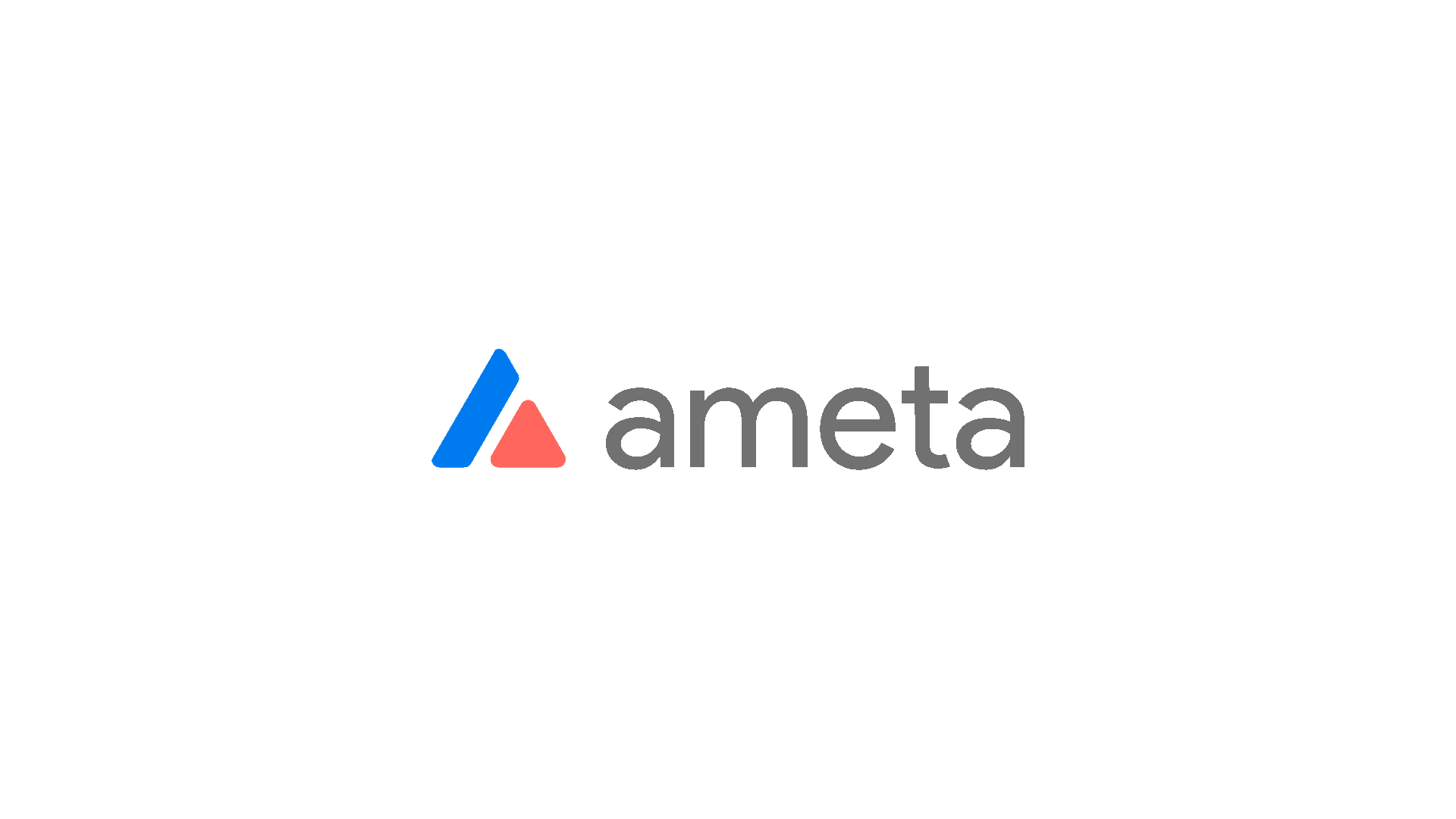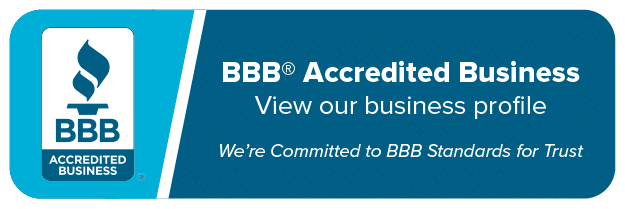Glossary
Complex terms - simplified.
Authorization fee
Authorization fees are a type of transaction fee that are charged each time a merchant authorizes a credit or debit transaction.
Average Ticket
The average ticket is a metric used to determine the average amount of each sale within a period of time. It’s calculated by dividing the total sales by the total number of transactions within the period.
AVS
An acronym for “Address Verification Service”. AVS is a service provided by payment processors to help with fraud prevention. It’s most widely used with card-not-present and eCommerce transactions and aids in the detection of suspicious activity by matching or partially matching the credit card being used and the billing address on file. POS devices and software’s will often prompt the merchant to enter address information when necessary.
AVS Fee
The AVS fee is fee charged for the use of the “Address Verification Service”. The AVS fee is a type of transaction fee and it typically a small, fixed dollar amount that’s charged per occurrence.
Basis point
A basis point is one hundredth of 1 percentage point. The term is commonly used in the financial industry as a description of percentages that are less than one percent. For example, 1 basis point is equal to 0.01%. 100 basis points is equal to 1%.
Batch
The batch is the accumulation of captured transactions within the POS device that’s ready to be settled. It’s recommended that the batch is settled at least once per day.
Blockchain
The blockchain is a digital ledger or database that contains the entire history of all transactions ever made on the network. It is constantly growing as “completed” blocks are added to it with a new set of recordings. Each block contains a timestamp and link to the previous block and cryptography is used to secure the data within each block. The decentralized nature of the blockchain network makes it tamper-resistant, meaning that once data is recorded on the blockchain, it cannot be changed or removed. This makes it an ideal platform for storing immutable data, such as financial transactions or identity information. The blockchain is also transparent, meaning that all data stored on the network is publicly accessible. This transparency can help to promote trust and accountability in the system.
Card Association
A Card Association, also called a “Card Network”, is an organization that facilitates payment card transactions. Examples of Card Associations include Visa, MasterCard, and American Express.
Card-not-present
Card-Not-Present refers to a credit or debit transaction where the card is not physically present at the point-of-sale. Phone order, mail order and eCommerce are examples of Card-Not-Present transactions.
Cash Advance
In the payment processing industry, a “Cash Advance” refers to a financial service offered to businesses that need immediate access to cash. This service is typically provided by payment processors in the form of a merchant cash advance, which is a type of short-term loan that is repaid through a portion of the business’s daily credit card sales.
Cash discount
The Cash Discount program, commonly called “Zero Fee Program”, is a program in which a discount is offered to customers who pay with cash.
Chargeback
A chargeback refers to the reversal of a transaction between a buyer and seller. Typically, chargebacks occur because a consumer disputes a transaction with the credit card issuer.
Chip Card
A chip card, also referred to as a smart card or EMV card, are standard size credit and debit cards that are embedded with a chip for added security. Rather then swiping a chip card, the chip side of the card would be inserted into the POS terminal to be processed.
Contactless Payments
Contactless payment refers to transactions made with credit cards, debit cards and devices, like smartphones that use radio-frequency identification (RFID) or near-field communication (NFC) technology.
Cryptocurrency
Cryptocurrency is a digital or virtual currency that uses cryptography for security. Cryptocurrencies are decentralized, meaning they are not subject to government or financial institution control. Bitcoin, the first and most well-known cryptocurrency, was created in 2009. Cryptocurrencies are often traded on decentralized exchanges and can also be used to purchase goods and services. Cryptocurrencies are often held in digital wallets.
CVV
An acronym for “Card Verification Value”. The CVV – a 3 digit code with Visa and MasterCard or 4 digit code with Amex – is an authentication code that is printed on the front or back of credit cards. The CVV code is used to verify that the cardholder has possession of the card during a card-not-present transaction and to help protect against fraud. Each card brand has their own name for the CVV Code – Visa refers to it as CVV2, Mastercard calls it a CVC2, and Amex calls it CID.
Daily Discount
In the payments industry, “Daily Discount” refers to a billing method used by payment processors which involves deducting a portion of a merchants fees on a daily basis, and the remaining fees, if any, at the end of the month. The portion that’s taken daily is deducted from the merchants daily settlement prior to it being deposited in their bank account.
Discount rate
The discount rate is the percentage the merchant pays on top of interchange for payment processing services. This amount is collected by the processor that’s designated by the merchant.
EBT
The Electronic Benefits Transfer (EBT) system is a method of delivering government benefits to eligible recipients. The benefits are stored on an EBT card, which can be used like a debit card to purchase food and other necessities at participating retailers. The EBT system was created in the early 1990s as a way to reduce fraud and abuse of the public assistance system. Today, it is used by millions of Americans and is considered to be a safe and secure way to receive government benefits.
eCommerce
eCommerce refers to the activity of buying and selling goods and services online.
Effective rate
In the merchant service industry, the effective rate is the percentage generated by dividing total fees by total volume processed. E.g. $200 ÷ $10,000 = 2%
EMV
An acronym that represents the founding developers Europay, MasterCard and Visa. It commonly refers to credit and debit cards that have a smart chip. The chip is a fraud-reducing technology that helps confirm the validation of the card being used and is often accompanied by a PIN, which helps validate the cardholder. EMV is now the global standard for credit cand debit card transactions.
ETF
An acronym for “Early Termination Fee”. An ETF is a fee that is charged by some payment processors to a merchant if they terminate their contract before the end of the agreed-upon term.
Flat Rate
“Flat Rate” in the merchant service industry refers to a pricing model where merchants are charged a fixed, predetermined fee for each transaction processed, regardless of the transaction amount or type.
Gateway
In the payment industry, Gateway refers to technology used to process payments online. Gateways are typically used to integrate into online shopping carts for eCommerce businesses, but have many uses including, mobile applications, POS Systems etc..
Gift Card
A gift card, also known as gift certificate or voucher, is a pre-paid stored-value card that’s issued by a retailer. The card is an alternative to cash and can typically be used at particular store or location.
High Ticket
The high ticket refers to the highest expected price per one single transaction.
Hold
In the merchant service industry, a Hold refers to the action a processor takes on a transaction or settlement for risk related reasons. A Hold will not prevent the merchant from processing transactions, but the merchant will only receive the funds from the specific held transaction(s) if or when the issue is resolved.
Interchange
Refers to the systems, operated by Visa and Mastercard, for the authorization, settlement and passing through of interchange fees and other payment related information.
Interchange Fee
Interchange fee refers to the fee that’s deducted from the merchant and exchanged between the merchant’s bank and the cardholder’s bank. These fees are established by Visa, Mastercard, Discover and Amex and can’t be lowered or adjusted by any third party.
Interchange plus (Cost Plus or True Cost)
Interchange Plus is a common name for a pricing structure in which the merchant pays the Interchange Fee, which is delegated by the card brands, and an additional markup in the form of a percentage, transaction fees, and monthly fees.
ISO
An acronym for “Independent Sales Organization”, is an independent entity that resells merchant services under its own name.
Merchant
A person or company involved in the selling of goods or services.
Merchant Agreement
The merchant agreement is a contract that governs the relationship between a merchant and the processor the merchant has designated.
MID
An Acronym for “Merchant Identification Number”. The MID is a unique numerical code that identifies the merchant to the processor.
Mid-Qualified rate
The Mid-Qualified rate is a category in a tiered pricing structure that generally describes transactions being made with consumer credit cards that generate rewards, points cashback etc.. for the customer.
Mobile Payments
Mobile Payments generally refers to credit or debit card transactions that are made with a mobile device.
Monthly Discount
In the payments industry, “Monthly Discount” is a billing method used by payment processors to charge merchants for their services. Under this method, all fees are deducted from the merchant on a monthly basis, typically at the end of the month.
NFC
An acronym for “Near Field Communication”. NFC refers to technology that enables communication between two electronic devices that are close in proximity. NFC is what’s needed to complete mobile payment transactions.
Non-Qualified rate
The Non-Qualified rate is a category in a tiered pricing structure that generally describes card-not-present transaction or transactions made with corporate and government cards.
OmniChannel
Omnichannel is a payment processing strategy designed to provide customers with a seamless and consistent shopping experience by integrating multiple sales channels, including in-store, online, mobile devices, and other platforms. Its goal is to offer customers a convenient and unified payment experience, regardless of the channel they use, while helping merchants enhance customer engagement and loyalty.
Pass-Through Fees
In the payment industry, pass-through fees refer to fees that are being billed to the merchant directly by the card associations without markup. These fees can include everything from Interchange fees, Association Fees, Assessment Fees, Network Fees, Cross Border Fees, Utility Fees, Authentication Fees, and FANF fees.
PCI DSS
An acronym for “Payment Card Industry Data Security Standard”. PCI DSS is an information and security standard for any organization that processes, stores, or transmits credit card information. These organizations include merchants, financial institutions, POS device makers, software developers, processors and any third party in between.
PCI DSS Compliance Fees
PCI DSS Compliance Fees, also called “PCI Compliance Fees” are fees imposed by the processor onto the merchant for costs associated to helping them maintain compliance. These fees can vary depending on provider.
PIN
An acronym for “Personal Identification Number” and refers to to confidential number or code used to authenticate card ownership for an ATM or POS Terminal transaction.
PIN Debit
Refers to a transaction being made with a bank card that’s linked to the customers checking account and uses their personal identification number (PIN). PIN Debit transaction get routed through the debit networks, rather than credit networks.
PIN Pad
This refers to an electronic device where cardholders can enter their Personal Identification Numbers. The PIN Pad functionality can either be internal, within the Point-of-Sale terminal, or external as a separate device used to complete a transaction. The PIN Pad encrypts the PIN during the transaction to ensure security.
PINless Debit
PINless debit refers to a debit transaction where the customer does not enter their personal identification number (PIN) at the point-of-sale.
POS
An acronym for “Point of Sale”, which refers to the specific time and place a transaction is completed.
POS System
A POS System is an electronic system, usually including both software and hardware, that’s used to complete retail transactions. POS Systems typically offer a wide range of functionality like tracking of sales, returns, customer loyalty and gift card programs, inventory management and much more.
POS Terminal
A payment device in a merchant location that transmits captured credit and debit card information to the merchant service provider (payment processor). The device can come as either a countertop device, using a phone, internet or WIFI connection, or as a wireless device, using GPRS technology.
Processor
A third party, designated by a merchant, that facilitates the credit and debit transactions between the merchant, it’s customers and the bank.
Qualified rate
The Qualified rate is a category in a tiered pricing structure that generally describes card present transactions made with regular consumer credit or debit cards.
Retrieval
A Retrieval is a request made by a customer bank for sale information or supporting documentation regarding a transaction. A retrieval request is often an indication that a chargeback is imminent, since it suggests a customer is concerned about a charge on their account. Retrievals often come with a fee that’s charged to the merchant. Retrieval fees usually range from $0 to $15 per occurrence.
Settlement
The settlement or settling of the batch, is the process of transferring the transaction information from the merchant to the processor, who then deposits the total amount in the merchant bank account.
Surcharge
The Surcharge program is a program in which a fee, often in the form of a percentage, but can also be a set dollar amount, is added to each credit card sale in order to offset the merchants credit card fees.
Tiered Pricing
Tiered Pricing, also referred to as “Bundled Pricing”, is a pricing structure in which the processor bundles interchange rates into three simplified categories, often called “Qualified”, “Mid Qualified”, and “Non-Qualified” and sets one percentage for each category. Qualified transactions representing the lowest percentage, and Non-Qualified the highest.
Transaction fee
A transaction fee is a fee charged to a merchant for each credit or debit transaction processed. Typically, transaction fees are small flat dollar amounts. Transaction fees come in various forms like Authorization Fees, Per Item Fees, Communication Fees and Address Verification Fees.
Virtual Terminal
A web-based application that allows merchants to accept credit payments online. Typically used for card-not-present transactions, like phone or mail order, but can also be used in retail environments, since it can transform any desktop, laptop, tablet, or smartphone into a POS device without any additional hardware.


